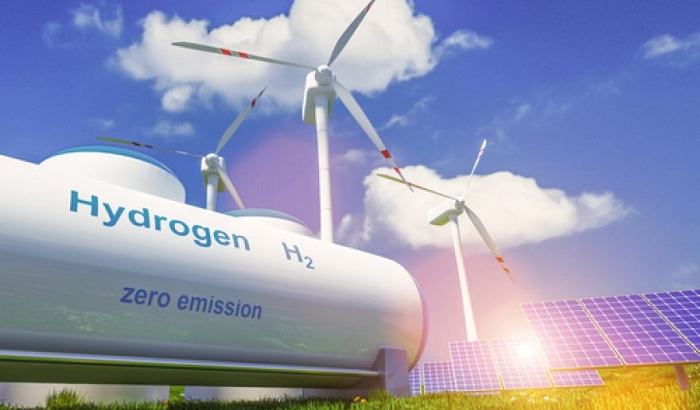The US Department of Energy’s (DOE) Office of Fossil Energy (FE) has selected four projects for cost-shared research and development under the funding opportunity announcement (FOA), DE-FOA-0002180, Design Development and System Integration Design Studies for Coal FIRST Concepts. When fully negotiated and awarded, it is estimated that approximately $80 million in federal funding will be provided to these projects.
DOE’s early stage research for the Coal FIRST Initiative supports the development of electricity and hydrogen energy plants that have net-zero carbon emissions. These plants will be fueled by coal, natural gas, biomass, and waste plastics and incorporate carbon capture, utilization and storage (CCUS) technologies.
The Coal FIRST energy plant concepts will be capable of Flexible operation to meet the needs of the grid; use Innovative components that improve efficiency and achieve net-zero emissions, including the potential for net-negative (CO2) emissions when co-firing moderate amounts of biomass; provide Resilient power; be Small (50-350MWe) compared to today’s conventional utility-scale power plants; and Transform how coal power plant technologies are designed and manufactured.
The Coal FIRST Initiative recognizes the importance of hydrogen production from coal, biomass, and waste plastics. A hydrogen economy is gaining global attention as part of a technology-based approach for reducing global carbon emissions. Even a partial move toward a hydrogen economy will require vast quantities of hydrogen at low cost. Fossil fuels with CCUS are already—and by far—the lowest cost source of low-carbon hydrogen. Gasification of coal and biomass with CCUS can be a large-scale source of carbon-negative hydrogen. Plastic waste could also be added to the fuel mix, mitigating plastics waste in the environment.











































